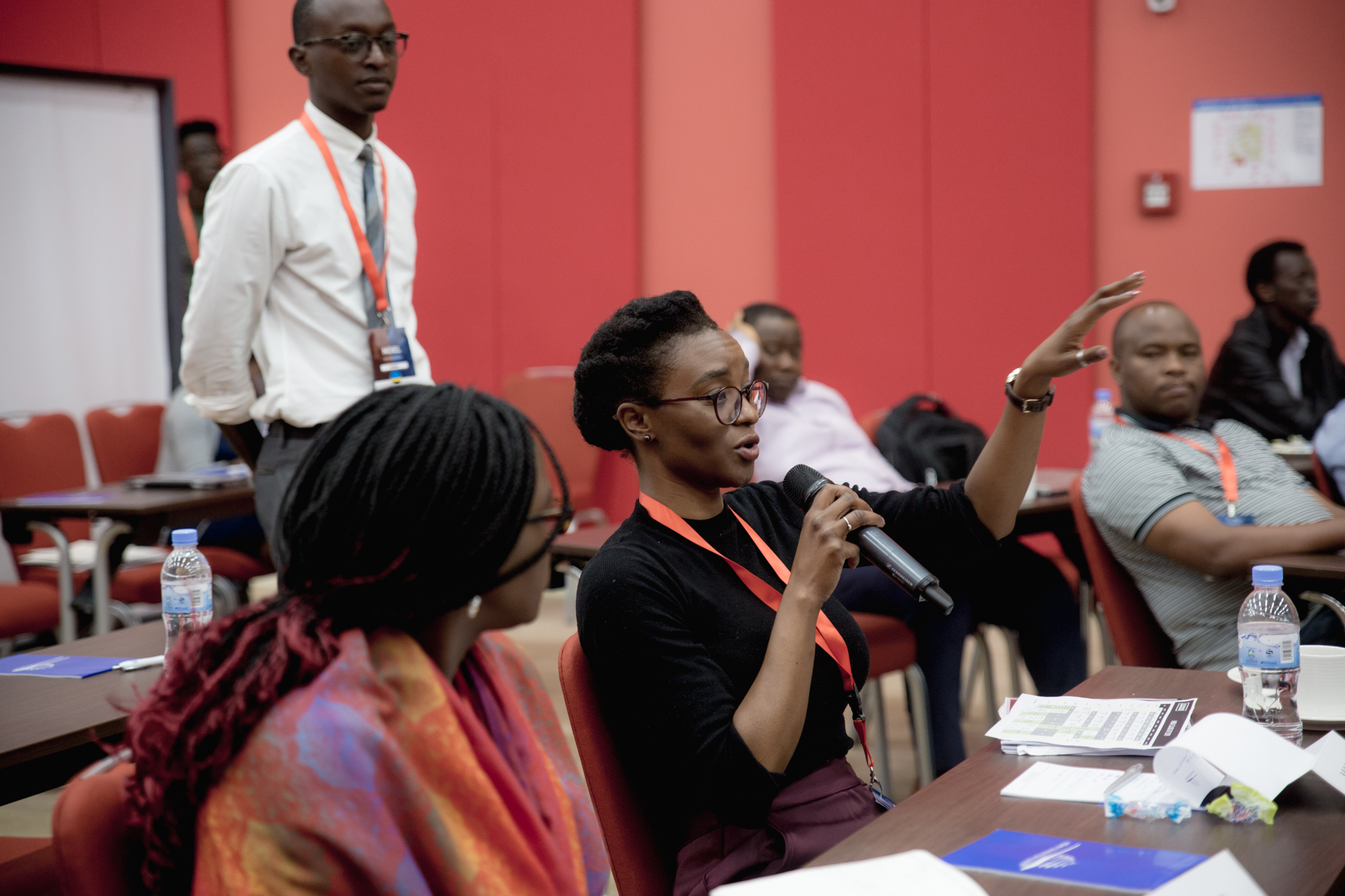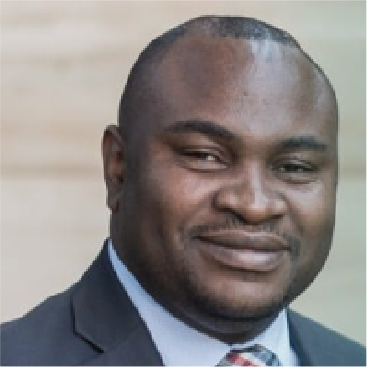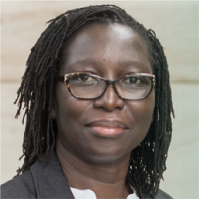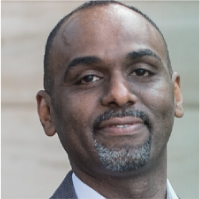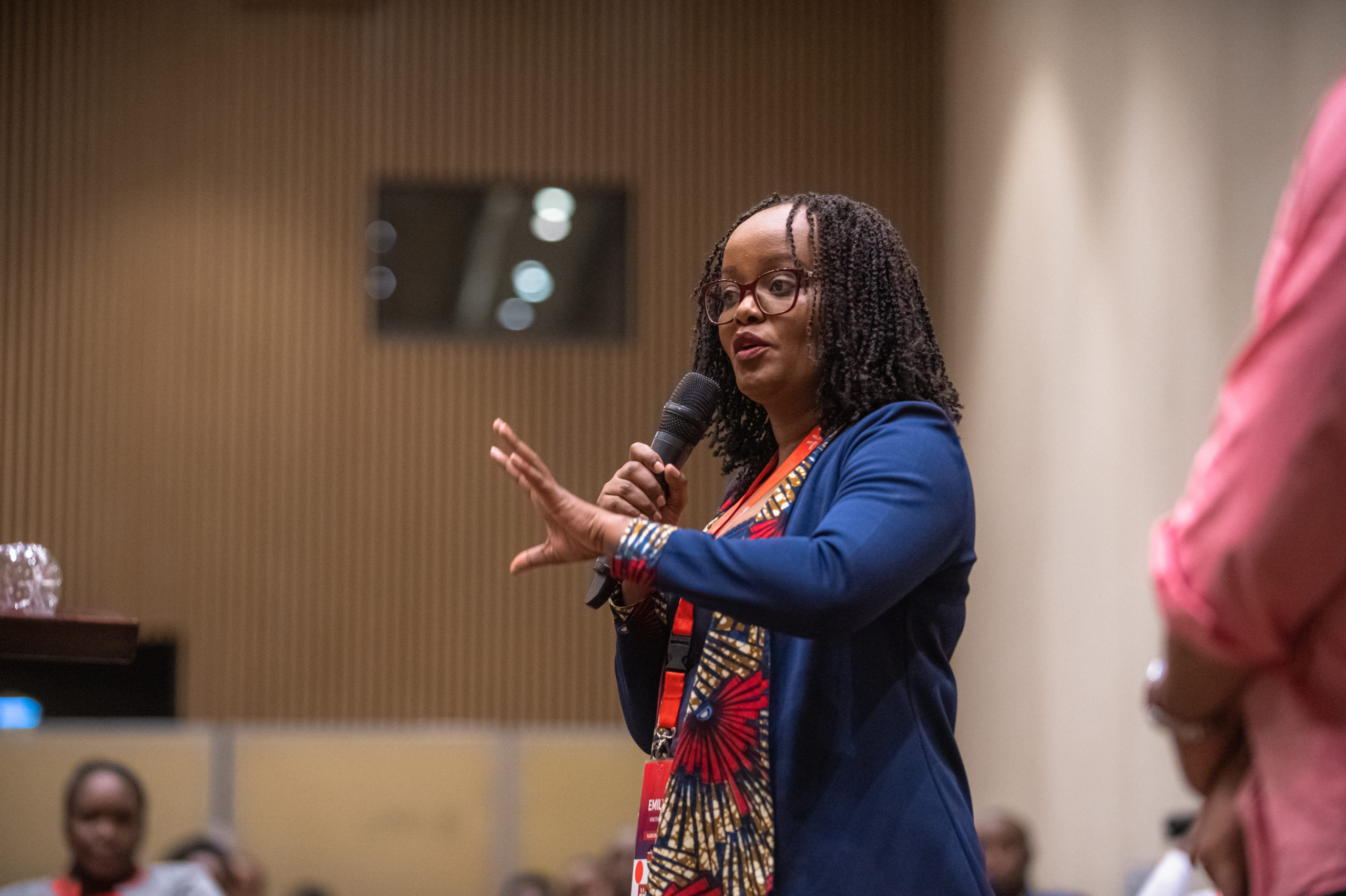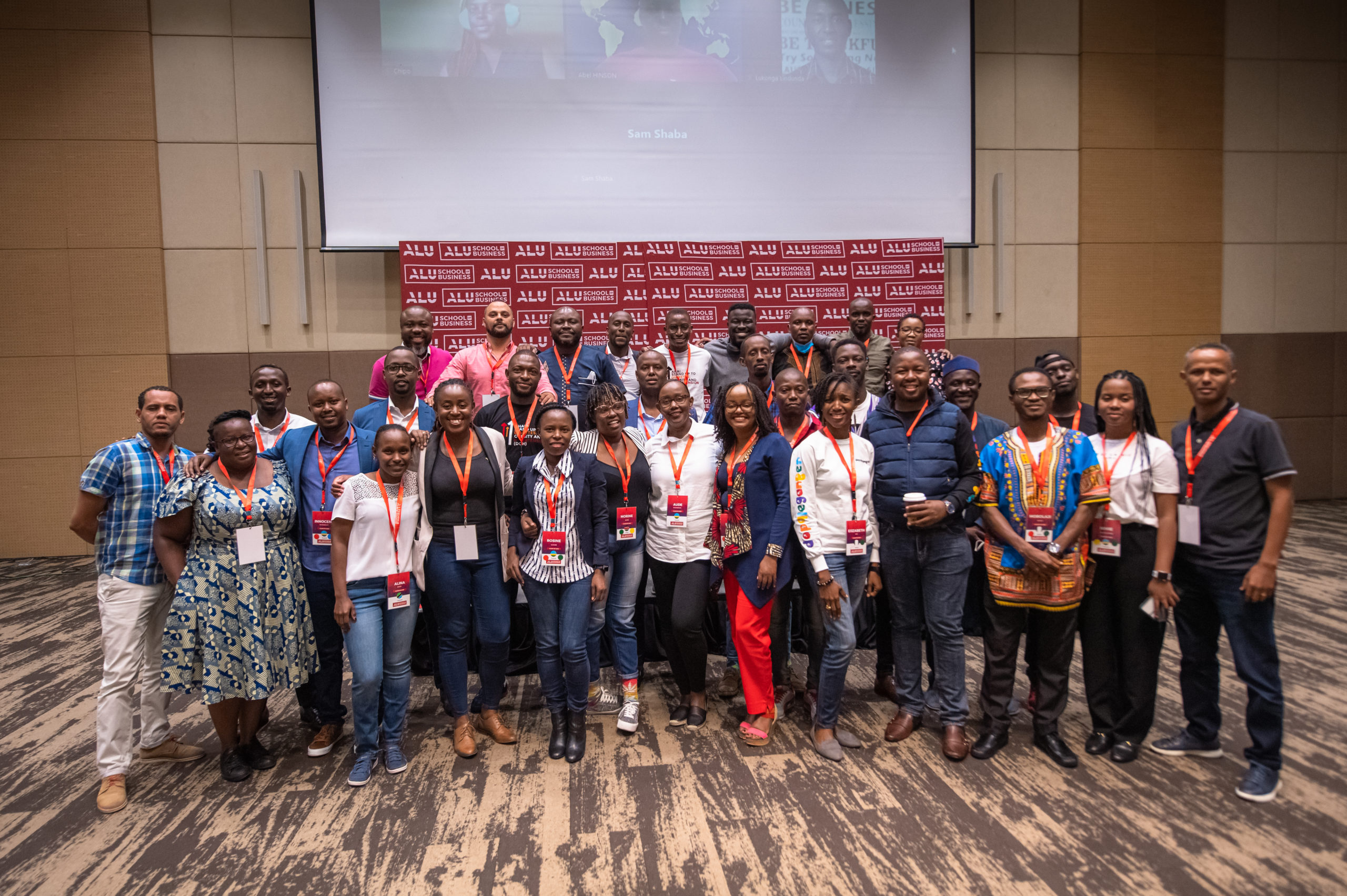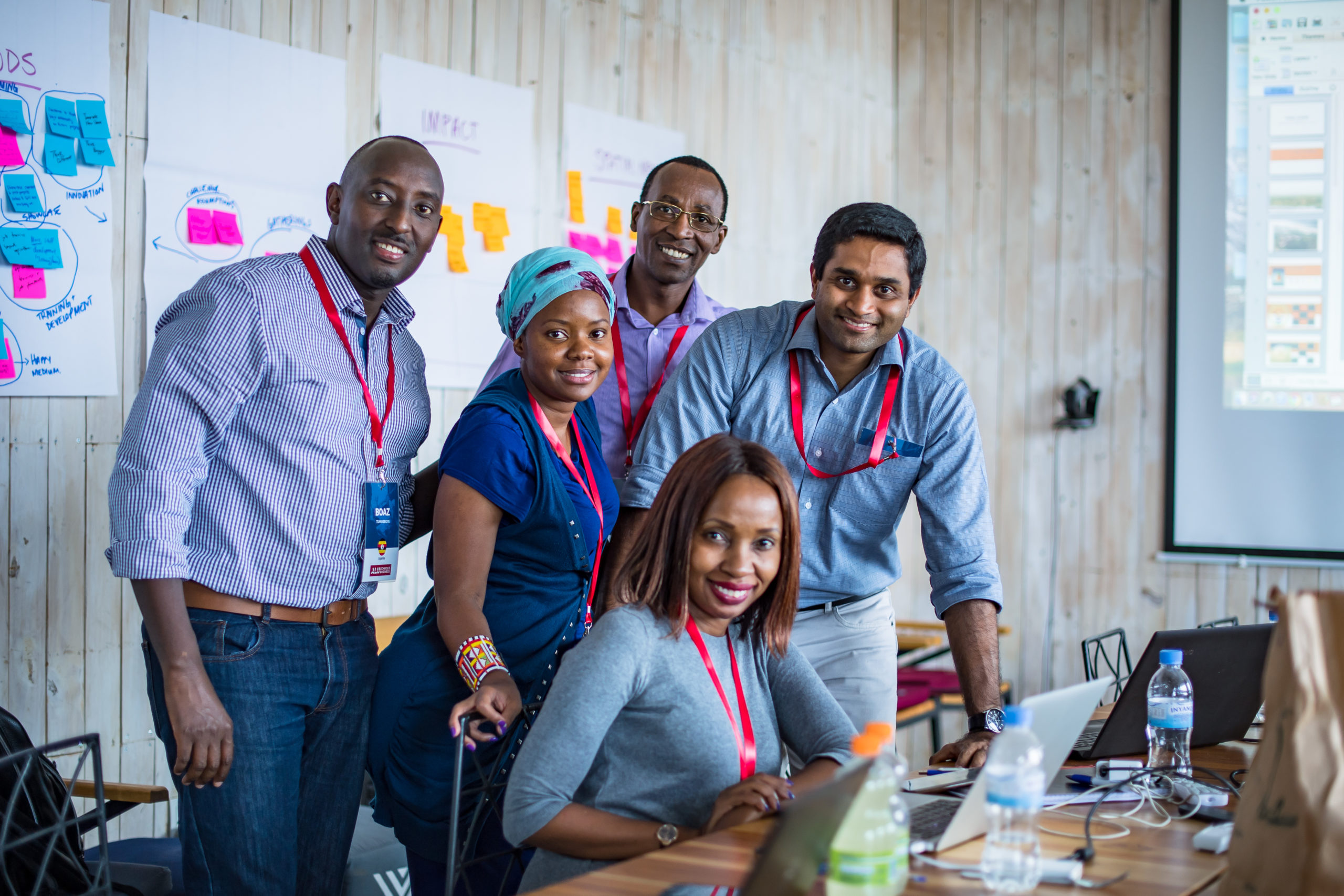Author: Tumiso Kevin Mokakangwe
“I grew up at a time where it wasn’t so cool to be African, I think things have changed now, and thank God for that,” said Manji Cheto ’19 as she shares more about her journey into the MBA programme, her life after the programme and coming back to the intensives as a judge for The Arena.
Her Story
“I am uncomfortable with just being good at something and staying good at something. I always like to push the boundaries of my knowledge, whether it is work or education, so I’m fiercely ambitious. And I truly believe that it is by always walking towards progress that things change. Transformation does not happen by a stroke of luck. It happens by the deliberate efforts of people who collectively come together to say that the status quo is no longer acceptable. Whether it is personal decisions or work decisions that I make; I always think about the impact it has on the things that I care about, which are African progression, African Development, and African empowerment as well.
When I was growing up, the only headlines that you saw about the continent were negative headlines. At some point in time, as a child, you look at yourself in the mirror and you feel despair because you come from a community that is associated with negativity. As you develop, you also recognise you can’t change who you are, so you basically have to be the best version of you. I had to ask myself what the best version of myself was and then it clicked in my head that I had to find other Africans who felt the same way as me. Africans who felt frustrated with this negative stereotype of where we’re from. Working with those people, to build our collective self-esteem and to work towards progress, is how you can change the way that the world actually perceives you. And you can only do that with the collective effort of people who share a common vision with you.”
Pan-Africanism
“Pan-Africanism is Africans coming together to recognise and celebrate our diversity, but also what makes us united. We’re united in history, we have cultural similarities. Our social evolution, our economic evolution, our political evolution, and actually seeing all of this is what makes us unique, and that we can leverage on the past mistakes and past progress and actually push towards a future that looks much better than the past that we’re coming from. Because we’re starting to recognise that something that happens within the national boundaries of one country also impacts us we can relate to it. And actually, we can stand in solidarity with those people.”
Africa in the next 10 years
“I think I will be guided by trends, let’s start with the demographic trend. The continent is young, and I think will remain young for the next 10 years. So what we will see is actually a rapid adoption of technology much faster and driven by young people. We are going to be moving towards progress technologically and economically. Inevitably, with economic progress, we’ll also more likely have commerce slowed down, in birth rates, because the more economically advanced people get, birth rates generally tend to drop because more people are kind of in the workforce. And so I think the demographic trend right now will take us to a future where technology adoption is much faster and with that, huge headwinds in the political and social space.”
“Transformation does not happen by a stroke of luck. It happens by the deliberate efforts of people who collectively come together to say that the status quo is no longer acceptable.”
Moving back to Nigeria & ULesson
“Before my time at ALUSB, I was travelling on the continent and felt the need to come back to Africa in my spirit. I’ve been in management consulting up until then, and I was thinking about a career change. And so I thought to myself, okay, fine, I’ll do an MBA. I came across ALUSB and got accepted. When I got to Kigali, it was the first time I was surrounded by a group of inspirational and influential Africans within my own generation. How powerful would it be? Each of us with the knowledge that we learn here, we take it back to our respective countries, and then we create a network and that network creates a network. So as I was going through the MBA, I knew I was going to move back to Nigeria. I was living in the UK at the time of working for the London Stock Exchange. I thought I was going to come back and start my own business and then the ULesson opportunity came up. I spoke to the founder about Africa’s greatest resource and we both obviously agree that the continent’s greatest resource was human capital. And then we asked ourselves; ‘If there was something that we could do to dramatically change the continent, what would it be?’ And the answer was simple: education.
When it comes to education in Africa, there are some really staggering statistics. The reality is that even if governments were pouring more money into the continent, our young population is growing so fast that the only way you can bridge that gap is with technology. I started to look at things like internet penetration, and year on year on year and it’s getting deeper. We needed something that could increase or improve the quality and delivery of education. I wanted to be part of something that had the ability to really transform lives on the continent. That was the reason why I moved back home and I could not be happier, really.”
Being part of the ALUSB MBA class of 2019
“I had no real expectations, I had an open heart and an open mind. But I came out with a complete shift of thinking. You become very people-centred, you know, every decision that you make, you start to think about how this affects this person? How does this affect my unit? How is my team going to perceive my leadership? How do my leadership decisions make other people feel? It gave me a lot of confidence; when you start this programme, you tap into this amazing network of people that can help you get things done. Where before that I probably would have been more hesitant. For the aspiring leader who wants to join ALUSB, I would say that you should be in the moment, be present, and persevere as well. Your decisions are having an impact on your business and on the lives of people. But also be patient with yourself, it is doable for anybody if you have the right attitude.”
Coming back in 2020 as a judge for the Intensives
“I was listening to a lot of the pitches and it made me realise that the greatness of entrepreneurs is the ability to dream big. And I think that if you’re not dreaming big, then you need to ask yourself whether you’re truly an entrepreneur and if entrepreneurship is for you. So I tried to sort of balance out, allowing people to dream big, but also help them see where the potential pitfalls are.”
